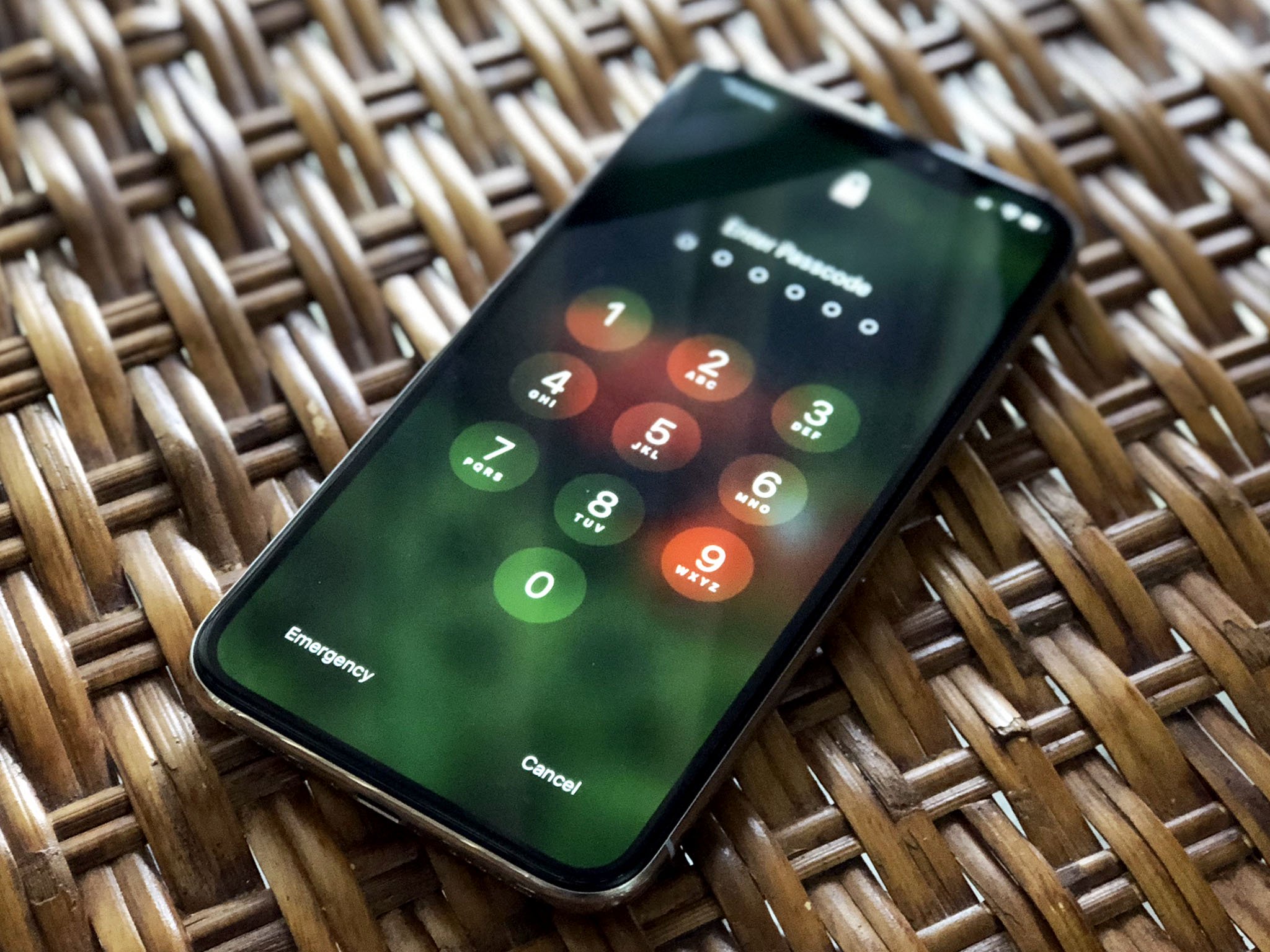A Police Scotland video shows a Cellebrite data recovery machine in use

iMore offers spot-on advice and guidance from our team of experts, with decades of Apple device experience to lean on. Learn more with iMore!
You are now subscribed
Your newsletter sign-up was successful
What you need to know
- Cellebrite devices are used by law enforcement to retrieve data from devices.
- Police Scotland have begun using so-called Cyber Kiosks.
- They've even shown one off in a YouTube video.
Cellebrite machines are used to retrieve data from phones and tablets and law enforcement around the globe uses them. Now Police Scotland is also taking advantage of them. And they're so excited they're telling everyone all about it.
Police Scotland has shared a post to its website (via 9to5Mac) in which it outlines what it's calling Cyber Kiosks. In that post, we're told that by using the new machines police officers will be able to determine whether a device contains important information more quickly.
Cyber kiosks are desktop computers, which will be located in police stations across local policing divisions. The technology allows specially trained officers to triage mobile devices to determine if they contain information that may be of value to a police investigation or incident. This will allow lines of inquiry to be progressed at a much earlier stage and devices that are not relevant to an investigation to be returned quicker.
The main benefit to members of the public, the piece says, is the fact that they will be able to get their devices back more quickly. Previously it took months, but that's going to be reduced.
"Increases in the involvement of digital devices in investigations and the ever-expanding capabilities of these devices mean that demand on digital forensic examinations is higher than ever. Current limitations, however, mean the devices of victims, witnesses and suspects can be taken for months at a time, even if it later transpires that there is no worthwhile evidence on them."By quickly identifying devices which do and do not contain evidence, we can minimise the intrusion on people's lives and provide a better service to the public".
There's even a video showing what a Cyber Kiosk can do, too.
Gaining access to phones is a hot topic right now with the FBI pressuring Apple to give it access to two locked iPhones belonging to the Pensacola Naval base shooter. But experts say it doesn't actually need any help, something that makes us wonder why they're asking.
This Police Scotland video doesn't go into detail about what a Cyber Kiosk can actually do, nor does it mention unlocking devices. Interestingly, comments on the YouTube video appear to be positive with nobody seemingly concerned about the potential loss of privacy. Importantly, Police Scotland does say that no data will be collected during the initial search – it will all be deleted automatically.
Cyber kiosks used by Police Scotland will not be enabled to store data from digital devices. Once an examination is complete, all device data is securely deleted from the cyber kiosk.
That's something, at least.
iMore offers spot-on advice and guidance from our team of experts, with decades of Apple device experience to lean on. Learn more with iMore!

Oliver Haslam has written about Apple and the wider technology business for more than a decade with bylines on How-To Geek, PC Mag, iDownloadBlog, and many more. He has also been published in print for Macworld, including cover stories. At iMore, Oliver is involved in daily news coverage and, not being short of opinions, has been known to 'explain' those thoughts in more detail, too.
Having grown up using PCs and spending far too much money on graphics card and flashy RAM, Oliver switched to the Mac with a G5 iMac and hasn't looked back. Since then he's seen the growth of the smartphone world, backed by iPhone, and new product categories come and go. Current expertise includes iOS, macOS, streaming services, and pretty much anything that has a battery or plugs into a wall. Oliver also covers mobile gaming for iMore, with Apple Arcade a particular focus. He's been gaming since the Atari 2600 days and still struggles to comprehend the fact he can play console quality titles on his pocket computer.
